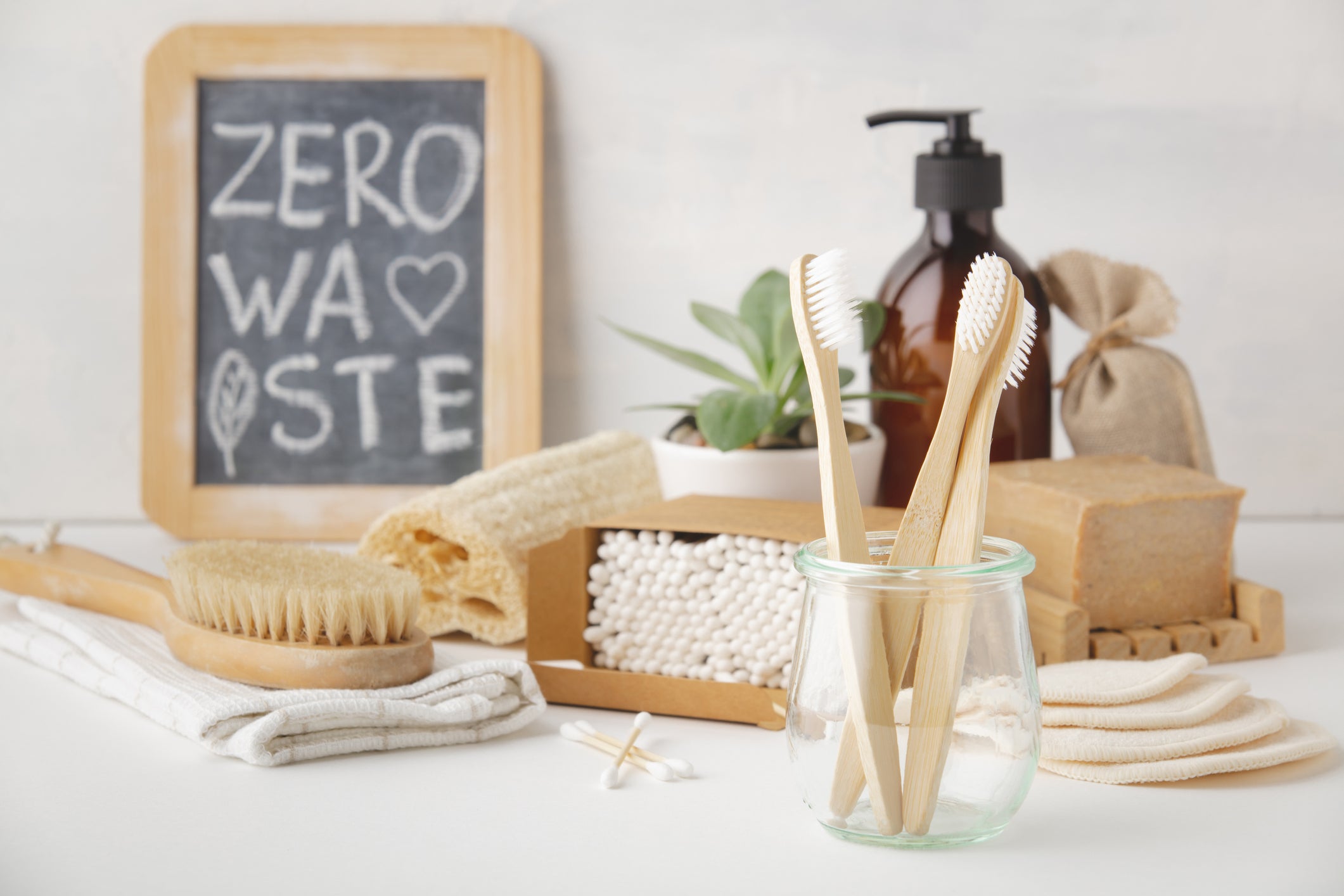-
Can Root Canals Last a Lifetime?
Root Canals, a Tooth-Saving Procedure
A root canal is a standard dental procedure intended to rescue teeth that have become badly infected or significantly decayed. However, patients often wonder: how long does a root canal last? Understanding the factors that influence the permanence of a root canal and the steps that can be taken to maximize its lifespan is crucial for maintaining oral health and making educated decisions about dental care. Continue reading “Can Root Canals Last a Lifetime?”
-
What’s the Average Age for a Root Canal?
Analyzing the Data
Root canal therapy is a prevalent dental procedure often viewed with apprehension and misconceptions. Many people associate it with pain, but in reality, this treatment is a crucial intervention for saving teeth that are at risk of being lost due to severe infection or decay. Despite its daunting reputation, the procedure itself is a routine part of modern dentistry, designed to relieve pain and preserve the natural tooth. In this article, we will explore the average age at which individuals typically experience their first root canal. By examining who typically needs a root canal and why, we aim to provide insights that alleviate fear and promote better dental health awareness. Continue reading “What’s the Average Age for a Root Canal?”
-
A Guide to Understanding Dental Insurance

Man using his dental benefits to visit dentist
Understanding Dental Insurance
Dental insurance is a critical component of healthcare that often goes underappreciated until the need arises for routine cleanings, unexpected fillings, or more significant procedures like crowns and bridges. Understanding the intricacies of dental insurance can save you from unexpected expenses and help you maximize the benefits you’re entitled to. This guide, drawing from a comprehensive overview of dental insurance basics, aims to clarify the subject and provide practical advice for navigating dental insurance plans effectively.
Understanding the Basics
Dental insurance functions similarly to health insurance but is specifically designed to cover dental care. Plans typically cover preventive services such as exams and cleanings, basic procedures like fillings, and more complex treatments including root canals and crowns. Understanding your plan’s structure—monthly premiums, annual maximums, deductibles, and copays or coinsurance—is essential for making informed decisions about your dental care.
Key Terms Explained
Navigating dental insurance requires familiarity with several key terms:
In-Network vs. Out-of-Network: Choosing in-network providers can significantly reduce out-of-pocket costs, thanks to negotiated rates.
Coverage Tiers: Dental services are often categorized into preventive, basic, and major services, each with varying levels of coverage.
Waiting Periods: Some plans impose waiting periods before certain benefits can be utilized, affecting when you can receive specific treatments.
Maximizing Your Benefits
To get the most out of your dental insurance:
Stay In-Network: Opt for providers within your plan’s network to enjoy lower rates.
Regular Preventive Care: Leverage your plan’s coverage for preventive care to maintain oral health and detect issues early.
Understand Your Plan: Familiarize yourself with the details of your coverage, including limitations and exclusions, to avoid surprises.
Choosing the Right Plan
Picking the right dental insurance plan requires consideration of your dental health needs, budget, and the plan’s coverage specifics. Plans vary in terms of monthly premiums, deductibles, annual maximums, and coverage details for different types of dental care. Whether it’s a PPO, which offers flexibility in choosing providers, or a DMO, which typically offers lower costs but requires you to stay within a network, understanding the differences is crucial.
Practical Considerations
Costs: Dental insurance can significantly reduce out-of-pocket expenses for dental care, but it’s important to compare the costs of premiums against potential out-of-pocket savings.
Eligibility: Dental insurance is accessible to individuals regardless of employment status, with options available for students, part-time workers, and those in transition.
Timing: Unlike health insurance, dental insurance can often be purchased at any time, providing flexibility for those needing immediate coverage.
Stay Informed
A thorough understanding of dental insurance not only helps in selecting the right plan but also ensures that you can make the most of your benefits while minimizing out-of-pocket expenses. Regular reviews of your dental insurance plan, staying informed about the coverage and exclusions, and making strategic decisions about dental care can lead to significant savings and a healthier smile.
Park 56 Dental is here for you in New York, delivering top-quality care since 1997. Our expert team offers a wide range of treatments from pediatric to sedation dentistry, ensuring personalized care for every patient. Experience the difference with a complimentary consultation where we’ll address your sensitivity concerns and guide you toward the best treatment options. Enjoy a comfortable dental visit with our modern practice and diverse insurance plan acceptance. Schedule with us today online or at 646-679-3973 and take the first step toward tackling tooth sensitivity with confidence!
-
How to Choose Eco-Friendly Dental Care Products

You recycle, use LED lights, carry reusable bags to the grocery store and reusable coffee mugs to the coffee shop, and generally try to keep your carbon footprint to a minimum. You are doing what you can to be eco-conscious, but have you taken a good look at your dental care routine? Choosing eco-friendly dental care products is a great way to minimize your environmental impact, as long as you do it safely. Here, we offer suggestions for creating an eco-friendly dental routine that is also good for your oral health.
- Choose toothbrushes made of sustainable materials. It is important to replace worn out toothbrushes frequently, about every three months, but it is hard seeing those plastic toothbrushes go into the garbage can. Fortunately, there are some sustainable alternatives. One option is to look into recycling programs in your area that take plastic toothbrushes, and another is to repurpose your old toothbrushes, using them to clean things like jewelry, sneakers, kitchen appliances, and bathroom grout. You can also reduce the amount of toothbrush you are throwing away each time by using an electric toothbrush and simply disposing of the heads. Perhaps the simplest thing to do, though, is to use a bamboo toothbrush. Bamboo toothbrushes are renewable, sustainable, and fully biodegradable, making them a very eco-friendly option. To find the perfect bamboo toothbrush, look for one that is BPA free and cruelty free, ethically sourced, and soft-bristled so that you won’t cause tooth erosion when you brush.
- Switch out your toothpaste for an eco-friendly option. Look for a toothpaste that contains fluoride, xylitol, and perhaps calcium phosphate, and check to make sure it has the ADA seal of acceptance. Dry toothpaste, available in tablets or powders, is an excellent option because it requires far less packaging than toothpaste in tubes. Dry toothpaste is highly concentrated and does not contain water. It cleans teeth effectively, is typically sold in sustainable packaging, and is portable and resistant to changes in the weather.
- Toss your floss. Floss is great for your teeth, but most string floss is bad for the environment, because it is not biodegradable. Look for dental floss that does not contain plastic, but is made with natural materials like silk, beeswax, or bamboo, which are all 100 percent biodegradable. You could also invest in a water flosser, which does a good job and produces no waste whatsoever.
- Make your own mouthwash. Many commercial mouthwashes contain alcohol, which can try out your mouth, and come in plastic bottles which may or may not be recyclable. It is easy to make your own mouthwash, however, and you can store it in a reusable glass container. DIY mouthwash is made from ingredients like apple cider vinegar, baking soda, and coconut or peppermint oil. Just be aware that you shouldn’t swallow mouthwash, commercial or homemade.
- Be water wise. Did you know that turning off your tap when you brush your teeth can save up to four gallons of water every time you brush? Fill a cup with water to rinse your mouth and then your brush, and turn off the water while you are brushing.
At Park 56 Dental Group, we offer pediatric, prosthodontics, endodontics, oral surgery, Invisalign®, emergency, and sedation dentistry, all at the highest level of treatment. We serve the Midtown, Central Park, Upper East Side, Park Avenue, and all surrounding Manhattan and New York areas, with a patient-centered practice that has hours to fit your schedule. Schedule your complimentary consultation today by contacting us online or calling us at (212) 826-2322.
RECENT POSTS
categories
- Uncategorized
- Cosmetic Dentistry
- Veneers
- Healthier Teeth
- Teeth Whitening
- Dental Health
- Video
- Dental Emergencies
- Invisalign
- Dental Implants
- Root Canal
- Sedation Dentistry
- Infographic
- Dental Crowns and Bridges
- Dental Anxiety
- Gum Disease
- COVID-19
- Bad Breath
- New York Dentist
- Cut out sugar
- General Dentistry
- Oral Health
- Oral Cancer
- Dry Mouth
- Gum Health
- Toothache
- Dental Sealants
- Cavities



